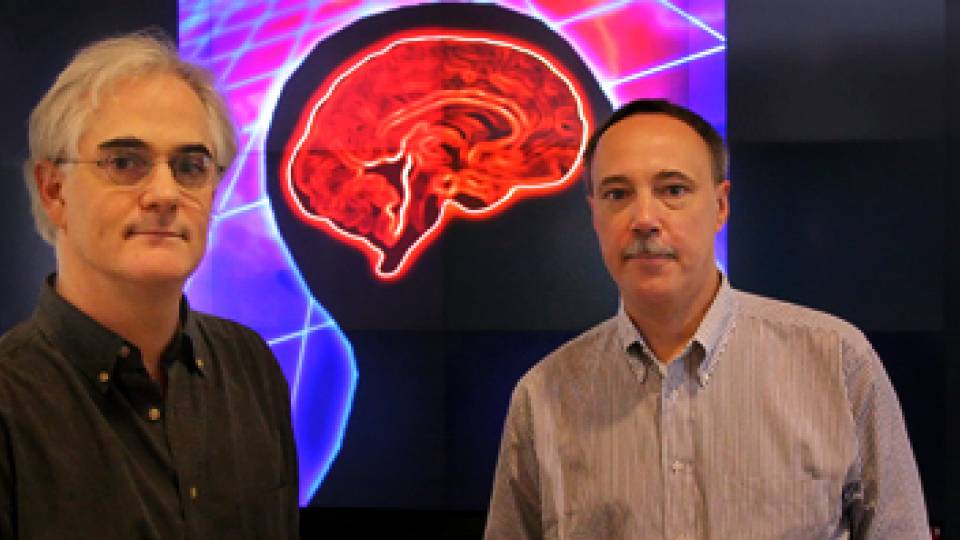It may not have seemed so unusual for the first day of classes -- a capacity crowd in the 50-seat computer science auditorium for a new course that was generating a lot of excitement.
What was not so ordinary was that it was a 500-level graduate course, the kind of numerals that often draw fewer than a dozen students. The popularity of the class, "Computational Methods and Their Applications Across Disciplines," illustrates what its organizers say is a deep need for a new kind of training among students in nearly every scientific discipline.
The course is part of an extensive series of new classes, workshops, invited lectures, lunchtime seminars and graduate fellowships designed to train students in an emerging type of research known as computational science. This new approach involves recreating anything from the early universe to the human immune system on computers. Such simulations allow researchers to study and manipulate complex systems in ways that would be impossible with conventional experiments or pencil and paper calculations.
Computational science also helps researchers sort through the staggering quantities of data that computers and experiments generate. Scientists who analyze genome data or invent better Internet engines increasingly rely on this emerging area of research.
"Computation has really changed science," said Jim Stone, professor of astrophysics, who uses computer simulations to study the birth of stars. "Now computation has become a subdiscipline of its own, and scientists of the future need to know what it is all about."
The full story is available in the Weekly Bulletin.
Contact: Eric Quinones (609) 258-3601
